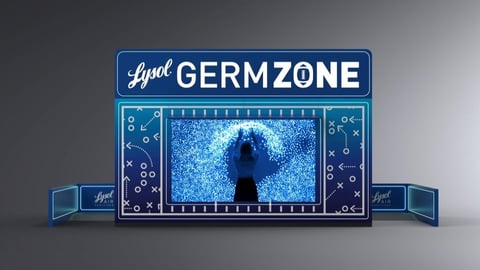As Apple’s Headset Gets Closer to Consumers, So May the Metaverse
A report that Apple’s first mixed-reality headset is with developers for testing may move the metaverse one step closer to becoming a tangible concept for consumers — and the companies that sell to them.
Beyond suffering from hype and definition challenges, the advancement of the metaverse is also hampered by a lack of widespread consumer headset adoption. Sales of AR/VR headsets dipped 2% last year, according to Ben Arnold, consumer electronics analyst of The NPD Group, though this was largely due to a strong 2021.
Bloomberg now reports that Apple may ship its first AR/VR headset to consumers this fall, after stops and starts dating back to 2019. Its entry is expected to disrupt Meta’s position as a metaverse front-runner given consumers’ existing loyalty and familiarity with the Apple brand and devices.
And if you want to feel bullish on the potential of the metaverse, a new study has just your thing: Accenture said its recent survey of 9,000 consumers indicates that 55% of consumers want to be active users of the metaverse and 90% want to do so in the next year.
It’s not merely gaming, either. Only 4% of respondents view the metaverse as just a gaming platform, while 70% intend to use it to access products and services in retail, media and entertainment, fitness, travel and healthcare. Over half (55%) cited the metaverse as a business opportunity for creating and monetizing content.
What do consumers want in their metaverse experiences? For anyone working in technology, the most requested features will likely look familiar:
- Easy to use interface (cited by 70%)
- Access to a wide variety of applications (68%)
- Flashy headsets (55%)
- Ability to personalize avatars (55%)
In an Accenture survey with 3,200 C-suite executives last year, most (89%) believe the metaverse will have an important role in their organization’s future growth, with an estimated 4.2% of company revenues — or a total of $1 trillion — stemming from metaverse experiences and commerce by the end of 2025.
When used within the enterprise, the metaverse will obliterate the modern day intranet, according to the company, replacing them with immersive town squares for employees to collaborate and socialize. It will also elevate employee training so it’s easier and more impactful.
“Instead of cheesy instructional videos, employees can practice and apply skills in a real-time immersive setting alongside others. This applies to everything from learning culture and core values via an onboarding experience when an employee joins a new company, to a safe space to practice complex, high-risk and hazardous scenarios, to improving soft skills, where empathy and the nuances of human behavior matter,” Accenture states in its report.
What’s more, the metaverse is expected to drive business efficiencies by optimizing product sourcing, creation, and go-to-market strategies through virtual simulations. The consumer goods industry is already seeing this occur through the use of digital twins, and the metaverse will further drive progress.








